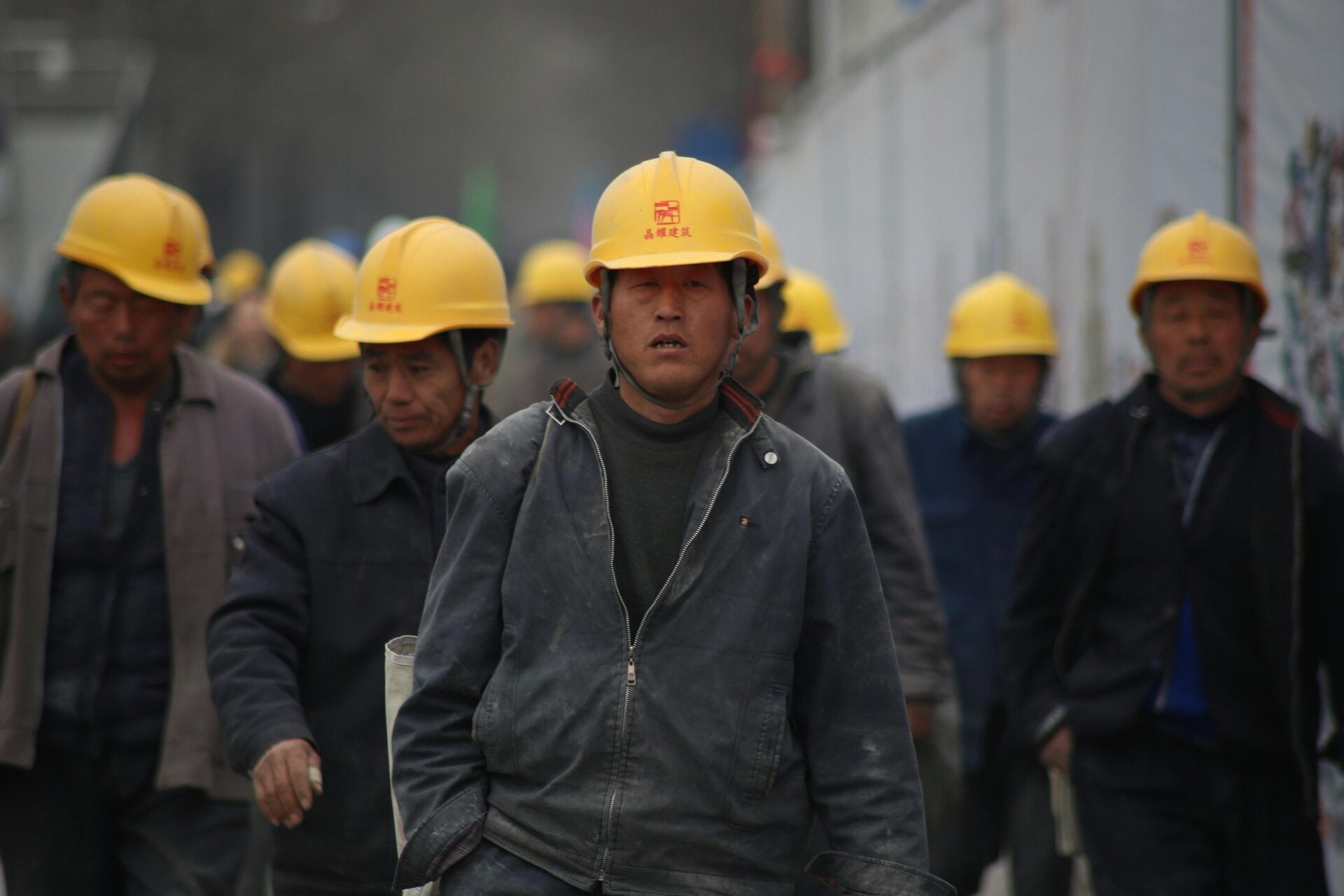Alberta Court of Justice: Civil Litigation/ Alberta Tribunals & Federal Tribunals

Civil Litigation
The Civil Division of the Alberta Court of Justice provides a simple, affordable, and accessible means to resolve most types of private disputes, including landlord and tenant matters. Some parties chose not to hire a lawyer to represent them, but others may have a lawyer or agent to represent them at their own expense. The maximum amount that may be claimed in the Alberta Court of Justice Civil division is $100,000. If the claims exceed $100,000 or involve matters that cannot be heard in the Alberta Court of Justice, the claim must be filed in the Court of King's Bench.
Civil Claim Process
This is where one party chooses to sue another party. Once a Civil Claim is filed the action goes through many steps to reach a resolution, and it may ultimately come before a judge for a legal decision. However, there are many things to consider.

1. Small Claims
At Triple A Legal Services, we specialize in representing both Plaintiffs and Defendants in Alberta Small Claims Court cases. With over five years of experience, we stay up-to-date with the latest Small Claims Court procedures to ensure your case is handled with expertise and precision.
To proceed with a Small Claims Court action, you must meet the following qualifications:
- The maximum claim amount is $100,000.
- The claim must be filed within a 2-year limitation period, as per the Statute of Limitations.
Common types of cases handled in Small Claims Court include:
Areas You Can File a Small Claim
- Unpaid amounts for goods or services.
- Debt recovery claims.
- Motor Vehicle Accidents (including personal injury).
- Return of security deposits (damage deposits).
- Property damage claims.
- Personal injury (excluding motor vehicle accidents).
- Issues related to payday loans.
- Breach of contract disputes.
Whether you’re pursuing or defending a claim, our knowledgeable team is here to guide you through the process and fight for the best possible outcome.

2. Personal Injury (WCB)
In Alberta, personal injury law is designed to protect individuals who have been harmed due to the negligence or wrongdoing of another party. This legal framework covers a variety of incidents, such as motor vehicle accidents, slip-and-fall cases, medical malpractice, and workplace injuries. Gaining a clear understanding of Alberta's personal injury laws can help you take the necessary steps toward obtaining the compensation and justice you rightfully deserve.
Types of Cases We Handle:
- Injury Compensation Claims
- Workplace Injuries
- Slip-and-Fall Incidents
- Recreational Injuries
- Employment Rights Advocacy
- Unsafe Work Environment Claims
- Violations Under the Employment Standards Act

2. Employment & Labour Law
In Alberta, employment and labor law operate under a comprehensive framework designed to uphold the rights and responsibilities of both employers and employees. The Alberta Employment Standards Code, alongside related legislation, outlines key provisions that ensure a fair and balanced workplace. For individuals navigating the complexities of employment relationships in the province, these laws provide clarity and security, fostering a positive and harmonious work environment.
Types of Matters:
- Wrongful Dismissal
- Constructive Dismissal
- Employment Rights Advocacy
- Unsafe Work Conditions
- Other Violations under the Employment Standards Act
Government Resources
- Alberta Labour Relations Board
- Alberta Employment Standards Appeals
- Apprenticeship and Industry Training Act
- Employment Standards Code
- Occupational Health and Safety Act
- Workers Compensation Act
- Professional and Occupational Associations Registrations Act
- Labour Relations Code

3. Residential Tenant & Landlord Law
In the province of Alberta, the relationship between tenants and landlords is regulated by the Residential Tenancy Dispute Resolution Service (RTDRS). This regulatory framework is meticulously designed to uphold the rights and obligations of both parties, fostering a stable and equitable rental housing market. A comprehensive understanding of these legal provisions enables tenants and landlords to establish a cooperative and respectful living arrangement. Below, we present an in-depth overview of the critical aspects of residential tenancy laws in Alberta.
Explore Landlord Rights and Responsibilities in Alberta
Our services for landlords and tenants include:
- Assisting with the filing or response to eviction applications
- Resolving disputes related to unlawful evictions
- Challenging instances of improper rent increases

Alberta Tribunals
Alberta's provincial tribunals comprise a range of specialized organizations, each designed to address specific disputes or regulatory concerns. Notable examples include the Alberta Human Rights Tribunal, which adjudicates cases of discrimination, and the Appeals Commission for Alberta Workers’ Compensation, which handles appeals related to workers’ compensation claims. This variety underscores Alberta’s commitment to delivering fair and customized solutions for its citizens across diverse sectors.
Before a complaint is brought before a Tribunal, it must first go through a mandatory resolution process managed by the Commission associated with that Tribunal. This process aims to encourage early dispute resolution, foster mutually satisfactory outcomes, and reduce the Tribunal’s caseload by addressing issues efficiently. The key stages of this process include:
- Complaint Submission: The complainant submits a detailed report of the alleged human rights violation, outlining the issue and identifying the involved parties.
- Preliminary Assessment: The Commission reviews the complaint to confirm its validity and ensure it falls within the Tribunal’s jurisdiction.
- Alternative Dispute Resolution: The Commission facilitates resolution methods such as mediation or conciliation to help the parties reach an agreement without proceeding to formal hearings.
Tribunals We Represent
- Alberta Human Rights Commission
- Residential Landlord and Tenant
- Metis Settlement Appeals Tribunal
- Metis Settlement Appeals Tribunal
- Transportation Safety Tribunal
- Competition Tribunal

5. Alberta Human Rights Commission
The Alberta Human Rights Commission (AHRC) plays a pivotal role in safeguarding and promoting human rights within the province of Alberta. Established under the Alberta Human Rights Act, the Commission operates to foster an inclusive society where individuals are free from discrimination based on various grounds, such as race, gender, age, disability, sexual orientation, and religion, among others.
We Will Represent you in complaints against:
- Discrimination
- Failed request on maternity leave
- Disability
- Age
- Gender
Government Link:

Federal Tribunals
Tribunals in Canada are integral to the administrative justice system, functioning as specialized bodies tasked with resolving disputes, interpreting laws, and making decisions on specific claims. Established through legislation at both the federal and provincial levels, these tribunals operate within a clearly defined legal framework that ensures their authority and jurisdiction are upheld.
At the heart of the federal tribunal system lies the principle of specialization. These tribunals, which include entities such as the Immigration and Refugee Board (IRB), the Social Security Tribunal, and the Canadian Human Rights Tribunal, are staffed by individuals who possess expertise in their respective fields. This specialization allows for more informed and nuanced decisions, ultimately leading to outcomes that are better suited to the complexities of the issues at hand
Federal Tribunals We Represent You In:
- Privacy Commissioner of Canada
- Canadian Broadcast Standards Council
- Canadian Human Rights Tribunal
- Occupational Health and Safety Tribunal Canada
- Transportation Appeal Tribunal of Canada
- Competition Tribunal
- Federal Public Sector Labour Relations and Employment Board
- Occupational Health & Safety Tribunal Canada
- Transportation Appeals of Canada
"I can't say enough about the outstanding service I received from your company. Their team went above and beyond to meet our needs and exceeded our expectations."
Oliver Hartman
Contact us
9812-79th Street NW.
Edmonton, AB. T6A #G1
780-665-6457
contact@triplealegalservices.ca
Opening Hours
Mon - Fri: 9am - 5pm
Saturday: 1pm - 5pm
Sunday: Closed

